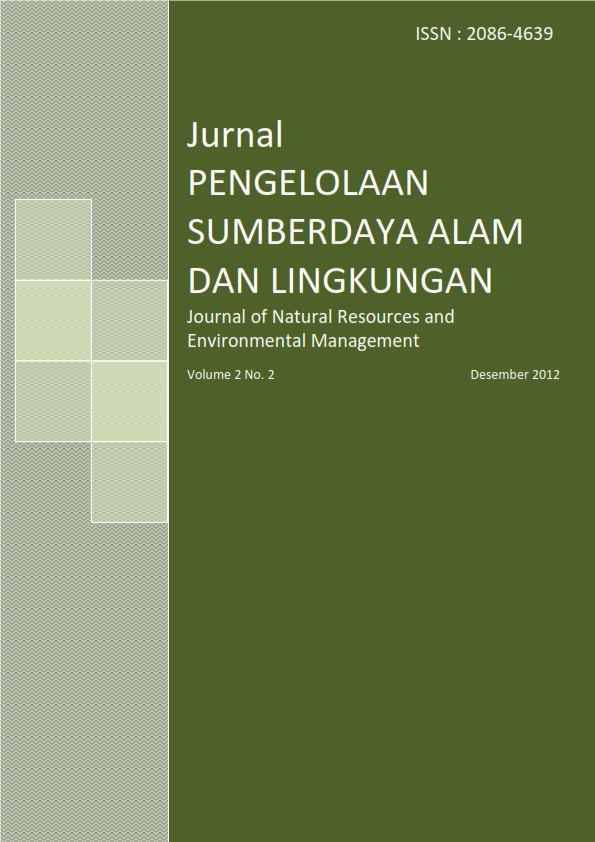PEMANFAATAN BAGASE TEBU DAN LIMBAH NANAS SEBAGAI BAHAN BAKU PENGHASIL BIOGAS
Abstract
Sugarcane bagasse and pineapple waste were selected as agricultural wastes, by the process of anaerobic fermentation, as well as to study the effect of addition of cow dung, on gas production from sugarcane bagasse, pineapple waste and both blendings. The batch experiment was carried out to use as substrat in 20 L digester for nine treatment of sugarcane bagasse (Bg), pineapple waste (Ns), both blendings (BNs). Completely Randomized experiment method used at the laboratory scale, which intend to found the best combination between Bg-25; Bg-30; Bg-35; Ns-25; Ns-30; Ns-35; BNs-25; BNs-30 and BNs-35. The result showed that during 48 anaerobic fermentation days, the high biogas production of Ns-35; BNs-30 and BNs-35 were 17,2 L; 12,6 L and 12,3 L, respectively. The parameter of TS, VS and COD were decreased, mean while parameter of VFA was increased at initially, the 20 day and 40 day. Quantitative analysis of the flammable biogas from some of the combination showed high methane contents. The Bg-25 had 75% CH4content, BNs-35 had 74% CH4 content and Bg-30 had 70 % CH4 content. The result of semi-continuos scale of 300 L digester showed that the optimal performance of bioreactor was feeding rate at 1,4 kg TS/L/day; 2,3 kg TS/L/day and 4,1 kg TS/L/day which resulted in biogas 64.4 L/ day with methane content is 70 %.
Keywords: sugarcane bagasse, pineapple waste, biogas, methaneAuthors
Authors who publish with this journal agree to the following terms:
- Authors retain copyright and grant the journal right of first publication with the work simultaneously licensed under a Creative Commons Attribution License that allows others to share the work with an acknowledgement of the work's authorship and initial publication in this journal.
- Authors are able to enter into separate, additional contractual arrangements for the non-exclusive distribution of the journal's published version of the work (e.g., post it to an institutional repository or publish it in a book), with an acknowledgement of its initial publication in this journal.
- Authors are permitted and encouraged to post their work online (e.g., in institutional repositories or on their website) prior to and during the submission process, as it can lead to productive exchanges, as well as earlier and greater citation of published work (See The Effect of Open Access).






